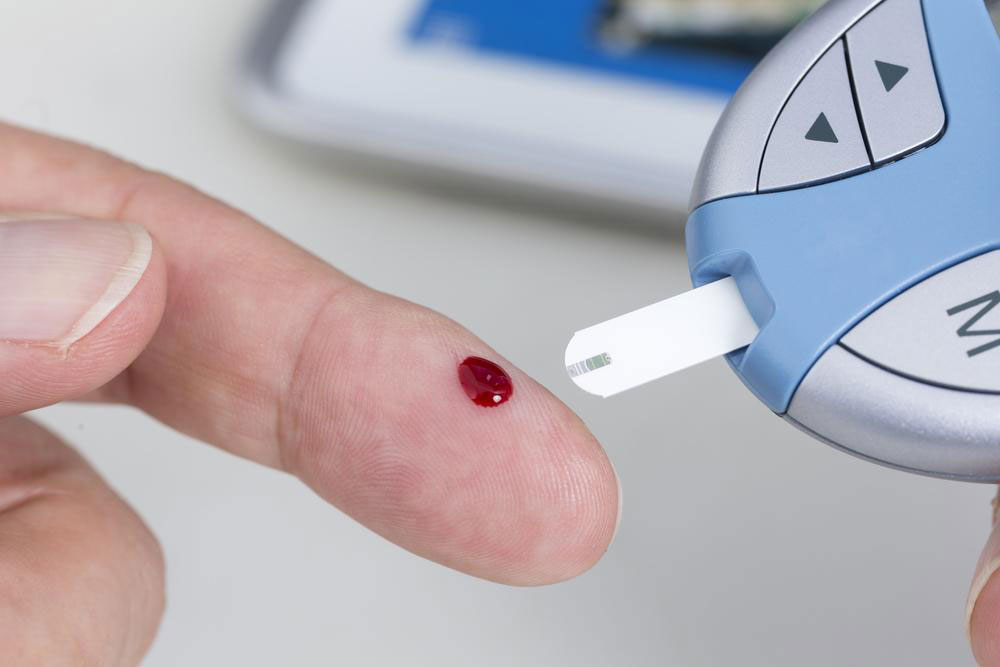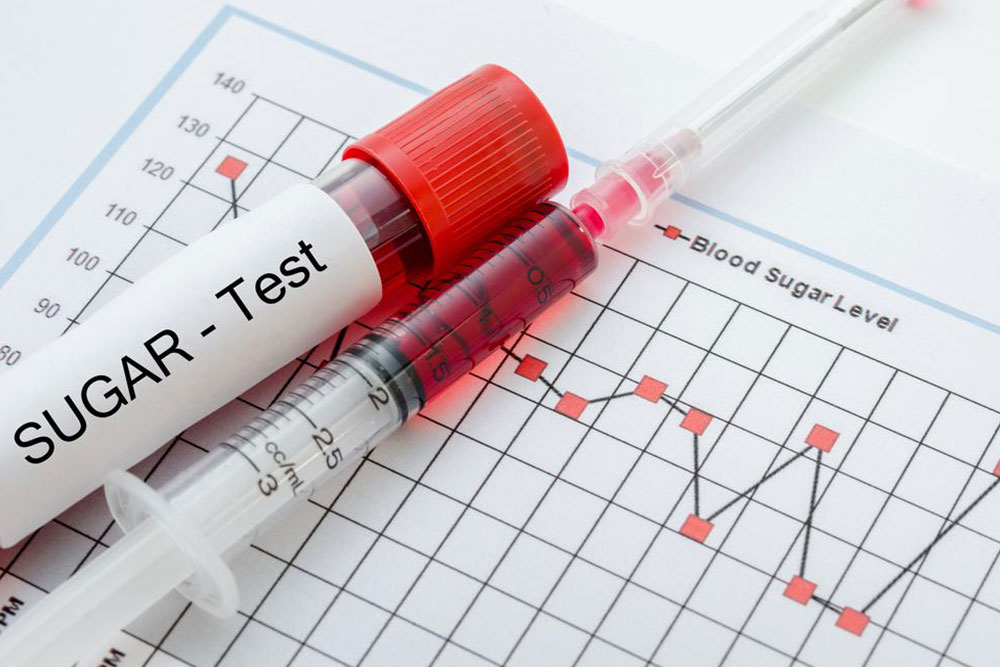Effective Strategies to Manage Hypertension
Learn practical and effective methods to control high blood pressure through lifestyle changes such as weight management, healthy eating, stress reduction, and limiting harmful substances. Regular monitoring and professional advice are essential for lasting results.

Effective Strategies to Manage Hypertension
Hypertension, commonly known as high blood pressure, occurs when the force of blood against artery walls is consistently elevated. Blood pressure readings feature two figures: the systolic pressure (top number), reflecting arterial tension during heartbeats, and the diastolic pressure (bottom number), indicating tension when the heart rests. Readings above 140/90 suggest hypertension, increasing the risk of serious health issues like heart disease. Here are proven methods to help regulate high blood pressure effectively!
Maintain a Healthy Weight
Managing body weight is crucial in controlling blood pressure. Excess weight can impair breathing during sleep and increase circulatory strain, contributing to hypertension. Losing weight through regular physical activity such as walking, cycling, or aerobic exercises can significantly lower blood pressure and improve overall health.
Adopt a Balanced Diet
Following the DASH diet—rich in fruits, vegetables, whole grains, and nuts—is recommended. Limit processed foods high in sodium, aiming for less than 1500 milligrams daily. Increasing potassium intake from natural sources helps balance sodium effects, assisting in blood pressure regulation.
Boost Vitamin Intake
Vitamin C promotes sodium elimination and supports blood vessel health. Incorporate citrus fruits and fresh juices into your meals. Adequate Vitamin D levels are also important, obtainable through fortified cereals, milk, and sunlight exposure, to help prevent hypertension.
Manage Stress Effectively
Chronic stress can elevate blood pressure. Engage in relaxation practices such as yoga, meditation, or daily walks to ease tension. Techniques like deep breathing exercises and mindful awareness can further help maintain calmness and stability.
Limit Alcohol, Caffeine, and Tobacco
Reducing alcohol and quitting smoking can significantly improve blood pressure levels. Moderate caffeine intake is advisable, as both substances have uncertain effects but are generally best minimized for cardiovascular health. Such lifestyle modifications support long-term hypertension management.
Consistently monitoring your blood pressure and consulting healthcare professionals as needed are vital steps. Embrace these healthy habits to achieve better blood pressure control and reduce associated health risks.










